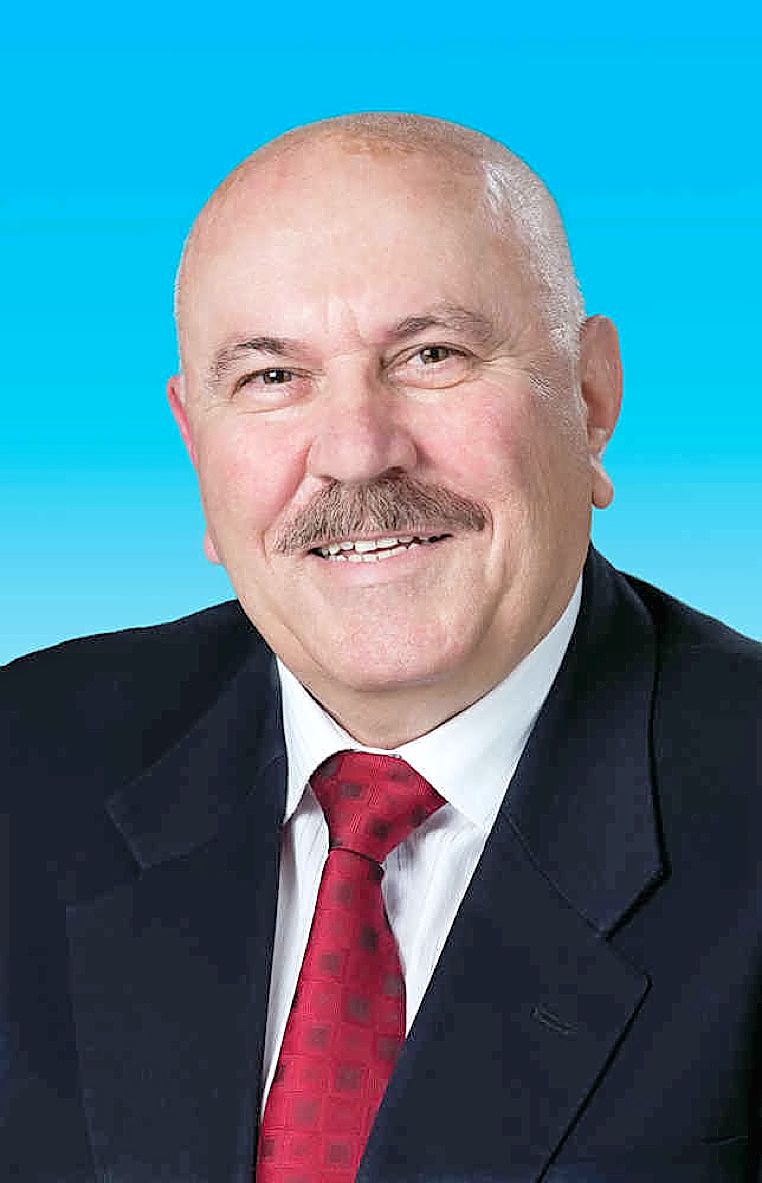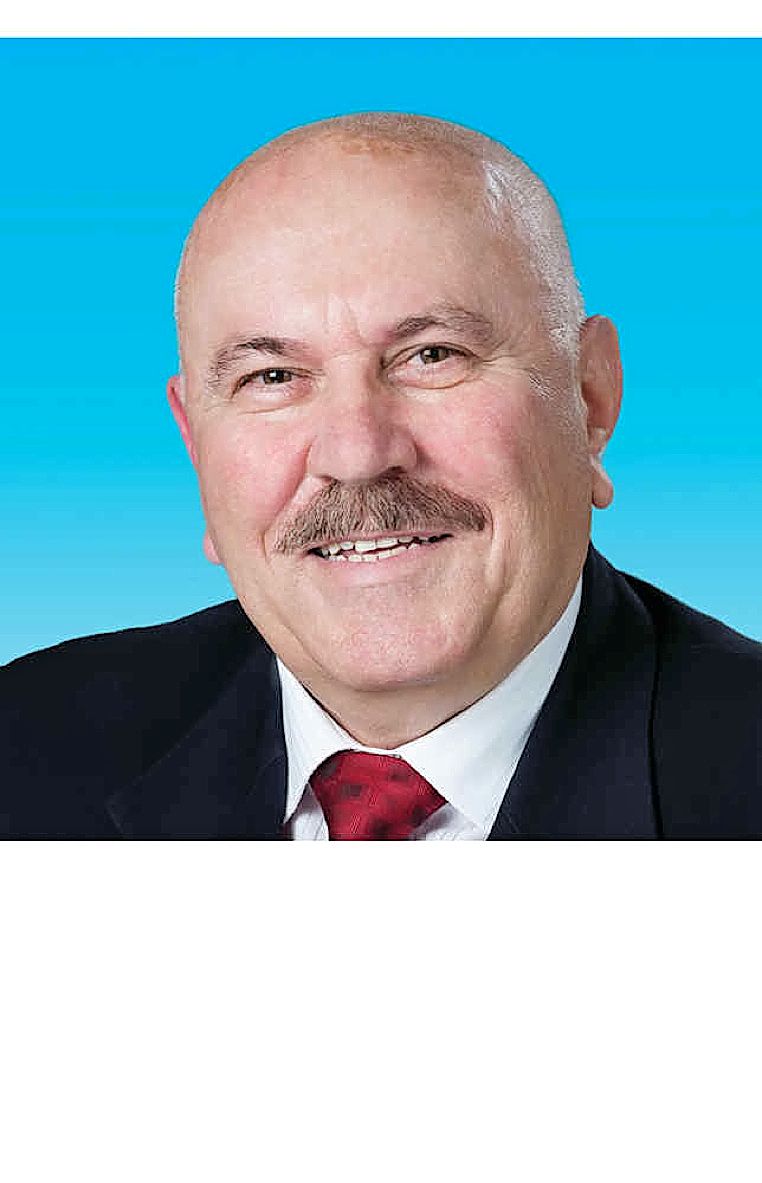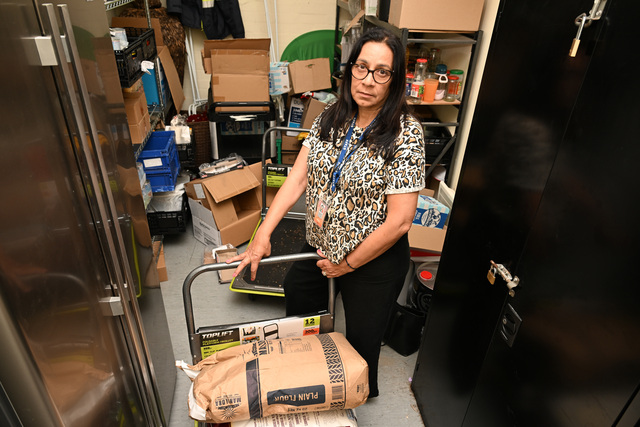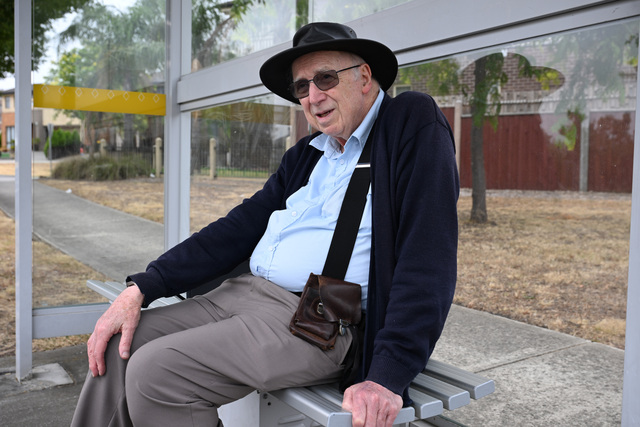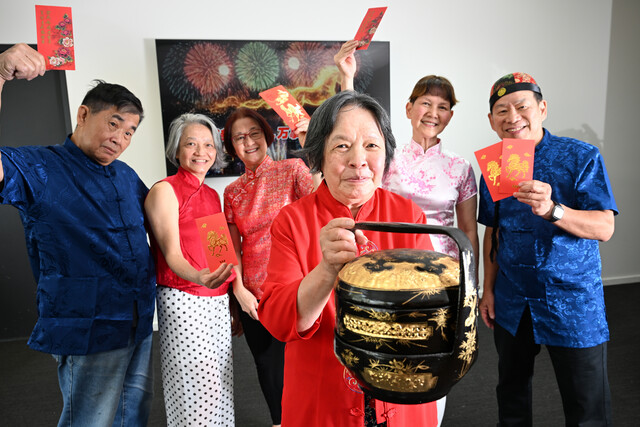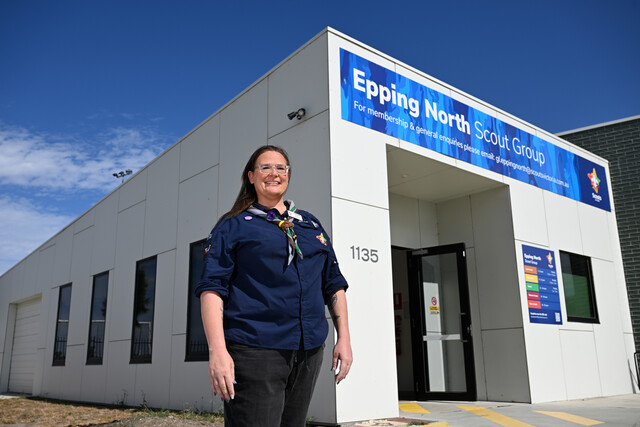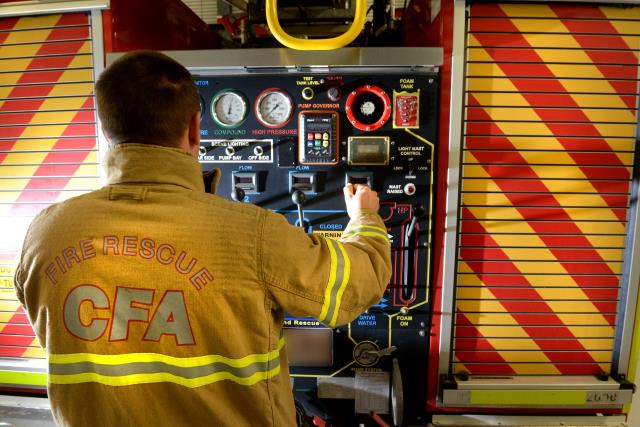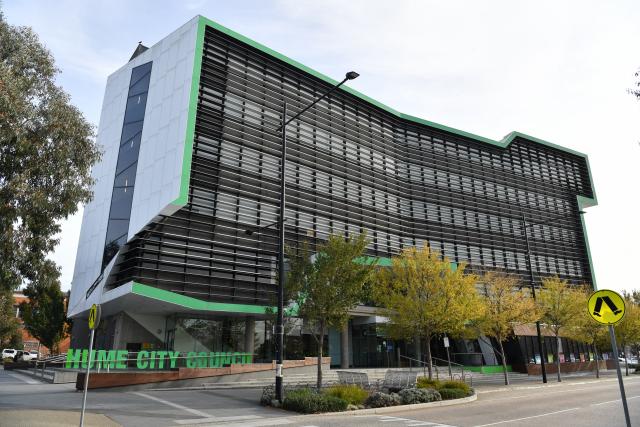A Whittlesea councillor has accused some of his colleagues of putting “sectional interests” ahead of those of the majority of the community during a drawn-out discussion about the council’s 2017-18 budget.
Councillors dedicated several hours over two meetings to the final version of the budget.
Nine amendments to the budget were put forward by councillors Sam Alessi, Lawrie Cox, Emilia Lisa Sterjova and Kris Pavlidis. But only one – the inclusion of $20,000 to fund a social and affordable housing feasibility study – was passed by the council.
The other eight failed to gain the support of enough councillors, with mayor Ricky Kirkham using his casting vote to defeat many of the amendments.
A motion by Cr Mary Lalios to fund projects valued at $795,000, including $220,000 for indented car parking at Josef Street in Bundoora, from the increased financial assistance grants the council would receive from the federal government, was eventually passed by councillors, despite councillors Cox, Alessi, Pavlidis and Stevan Kozmevski voting against the budget.
Cr Sterjova abstained from voting while Cr John Butler was absent from the meetings.
In opposing the budget, Cr Alessi criticised some of his colleagues for voting against amendments, including his proposals to reduce the green waste service fee by $10 and include $100,000 for improved storage at the Spring Street Hall, without debate.
He accused the councillors of looking after their sectional interests.
“This is not the way decisions are made. It brings the morale of this council down,” he said. “The problem that has occurred with this budget is that at both the draft budget stage and now, there are items that have been out there without further investigation.”
Cr Cox said he could not support the budget because it was not “in the interest of the community”.
But Cr Lalios hit back at the accusations, saying they “could not be further from the truth”.
Cr Kirkham said it was disappointing that so many of the great projects in the budget had not been mentioned, highlighting the decision to increase the discount on the differential farm rate from 15 per cent to 40 per cent to ease the rates burden on farm landowners.

